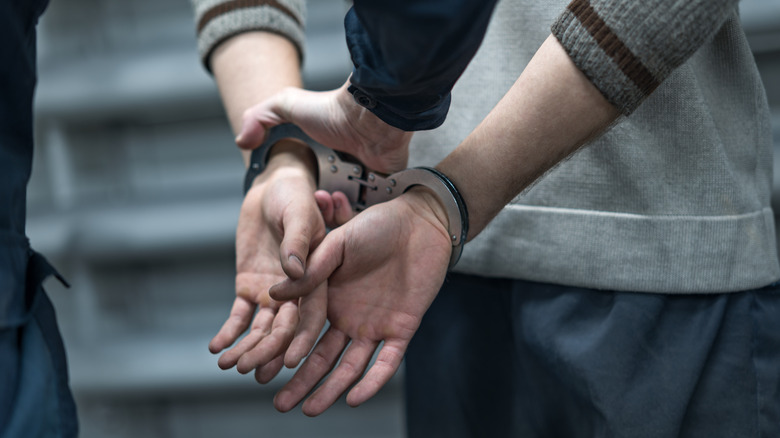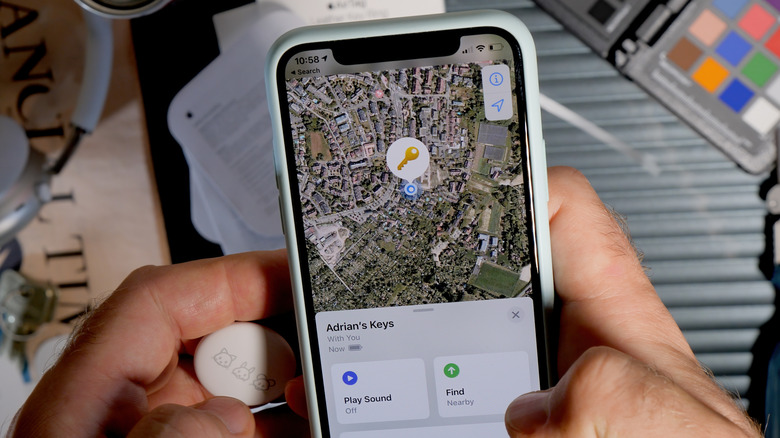AirTags Help Police Track Down Suspects In $1.1m Armored Car Robbery
Like all innovations, technology is a double-edged sword. Earlier this week, we learned of new initiatives spearheaded by big tech to thwart unwanted tracking and stalking using devices like AirTags. The move underscores a growing need to address privacy and safety concerns in a connected society, where it seems all too easy for someone to triangulate your whereabouts.
Apple originally designed AirTags to help you locate lost items you may have misplaced around your home, such as keys, wallets, and bags. However, many have also hidden AirTags and similar products in their valuable belongings to track down thieves.
A new story about AirTag heroics refreshes the narrative about the positive impact these tracking devices can have, as federal authorities have used it to find money stolen from a Brink's truck in Chicago. The robbery happened May 2, 2023, at 9:25 a.m., a local station reported. Two men looted the truck of $1.1 million in cash at gunpoint outside of a Jewel-Osco grocery store.
The crew might have gotten away with it, except there was an AirTag hidden in one of the bins storing the money, likely planted there by the local branch's manager. Security officers quickly informed law enforcement about the tracker's presence and used live-tracking data to help FBI investigators locate the assailants. This was a 2-for-1 special, as the same group had an arrest warrant for committing a similar crime in October of 2022.
Should Apple change its messaging about AirTags?
Apple is careful to emphasize in advertising that AirTags are a convenience feature to help forgetful iPhone owners preserve some sanity in their daily lives. However, stories like these highlight a growing reality that crafty people will always find creative new ways to employ technology. Even the NYPD endorses these tactics.
However, it's unlikely Apple will ever lean into these positive scenarios in its advertising, as it would open up the company to liability from consumers wronged by criminal activity, as well as criminals abusing the technology in nefarious ways. Instead, Apple is operating cautiously by implementing measures that would alert unsuspecting spy targets of the AirTag's presence, which is probably for the best. User safety should come first and foremost in consumer-oriented products, and since AirTag's primary use case is for tracking lost items, it wouldn't make sense to advertise it beyond that context.
That being said, the FBI might not have caught its fish had the suspect received a notification that exposed the presence of a nearby tracking device. Perhaps these companies and agencies should consider privately investing in similar solutions for their needs.

